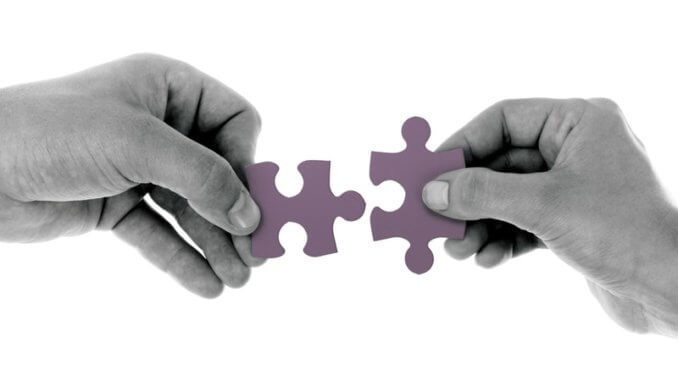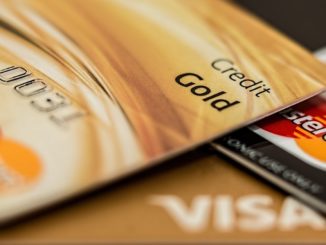
Credit cards are small plastic cards, whose shape resembles a business card, issued by a financial institution such as a credit union or bank. The issuer of the card creates a revolving account with a line of credit for the consumer. The holder of the card can purchase services and goods with the help of the card until they have reached its predetermined credit limit. Merchants accepting payments through such cards receive their money from the financial institution that issued the card. Eventually, the holder of the card repays the money spent by him/her to the financial institution via regular monthly payments. On a typical basis, the card issuer charges interest on the unpaid amount in case the card owner does not pay the monthly dues in full.
On the one hand, credit cards can be an extremely useful and valuable tool if used properly. On the other hand, there are risks for owners who do not have the discipline to responsibly repay their debts on time. However, the card can provide a lot of benefits to the holder when used with the correct intentions and when used responsibly. Find below some of the advantages of owning a credit card:
Convenience
Credit cards are an excellent cash alternative and are accepted at millions of locations worldwide, as well as at online stores. You can better cope with financial emergencies such as medical expenses, car or home repairs, and much more if you have a credit card. Remember to repay your credit card balance as soon as possible, as they come with an extremely high rate of interest.
Establish and Boost Credit History
Paying your credit card bills in full and in a timely manner shows you’re responsible and helps to increase your credit rating. Having good credit ratings can be quite useful in many other situations such as qualifying for loans with lower interest rates. In most occasions, the issuer of your credit card will also enhance the limit of your card when you maintain a good credit history.
Interest Free Borrowing
Credit cards permit you to use the money free of interest during the grace period. On a typical basis, you will get a 45 days’ grace period from the time you receive the credit card statement to settle the dues. Due to this, payment for purchases made via the card become due at the end of the period determined by the card issuer. You become eligible to receive interest free credit month after month if you pay your card’s balance in full each month.
Issuers of credit cards frequently offer a 0% interest introductory period for credit card purchases made within the first year in order to lure new customers. The sole limitation is that the credit loan should be paid back in full at the end of the determined introductory period. Used wisely, an individual can use the 0% interest credit card loan to pay off higher interest rate debt.




Be the first to comment